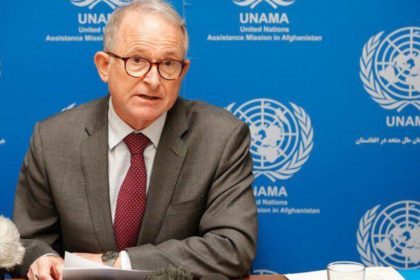RASC News Agency: Elon Musk, the American billionaire, has raised questions about U.S. financial aid reportedly sent to Afghanistan under Taliban control. Responding to a letter from Congressman Tim Burchett addressed to President-elect Donald Trump, Musk shared the correspondence on his X (formerly Twitter) account, writing: “Are we seriously sending U.S. taxpayers’ money to the Taliban?” The letter from Representative Burchett urged an immediate halt to any financial aid directed toward the Taliban, emphasizing that the United States should not fund its adversaries abroad. Burchett criticized the ongoing transfers, labeling them a betrayal of American values and a misuse of taxpayer dollars.
According to a report by the U.S. Special Inspector General for Afghanistan Reconstruction (SIGAR), over $3 billion has been sent to Afghanistan since the Taliban regained control in 2021. The U.S. State Department asserts that these funds are strictly allocated for humanitarian assistance to help ordinary Afghanistanis facing widespread hunger, famine, and dire living conditions. Critics, however, remain skeptical. They argue that such aid indirectly sustains the Taliban’s regime, enabling their governance machinery and consolidating their power. Calls for the cessation of these payments have grown louder, with opponents labeling the transfers as counterproductive to U.S. interests and detrimental to the Afghanistani people.
This is not the first time Musk has expressed concern over this issue. In a previous post on X, he voiced astonishment at the scale of U.S. financial transfers to Afghanistan under Taliban control. Reports suggest that the U.S. has been sending approximately $40 million per week to Afghanistan through official channels, alongside an additional $160 million monthly via unofficial routes. These revelations have sparked outrage both domestically and internationally, fueling speculation that the Taliban may be part of a broader U.S. geopolitical strategy in the region.
For many observers, these financial contributions raise troubling questions about Washington’s commitment to counterterrorism and its broader objectives in Afghanistan. For the Afghanistani people, such aid is viewed as a bitter irony strengthening a regime that many believe has brought instability and repression.






